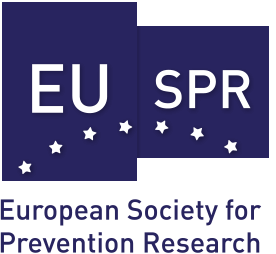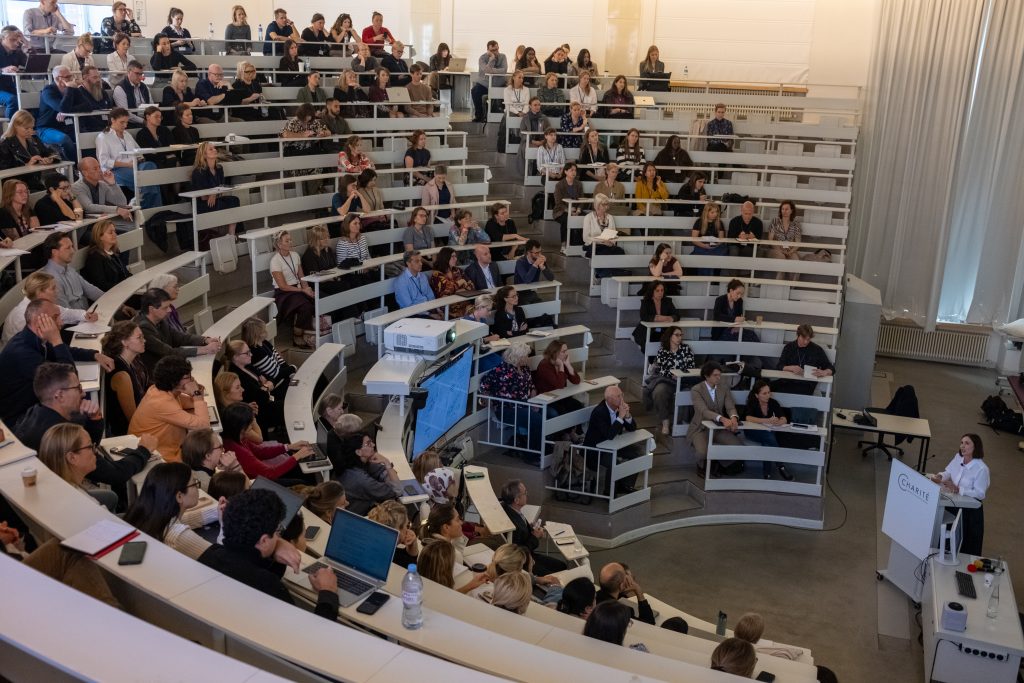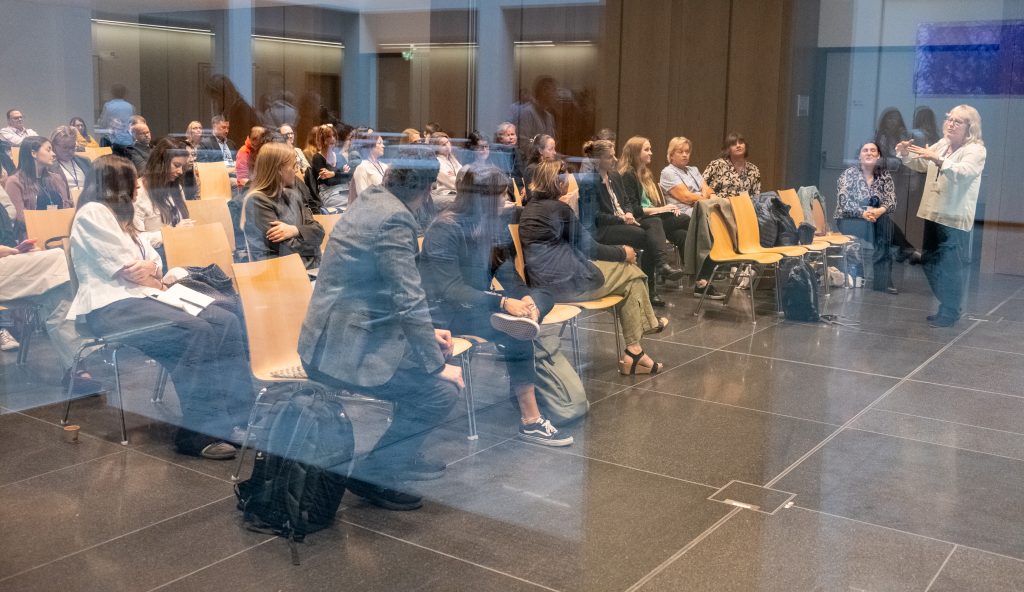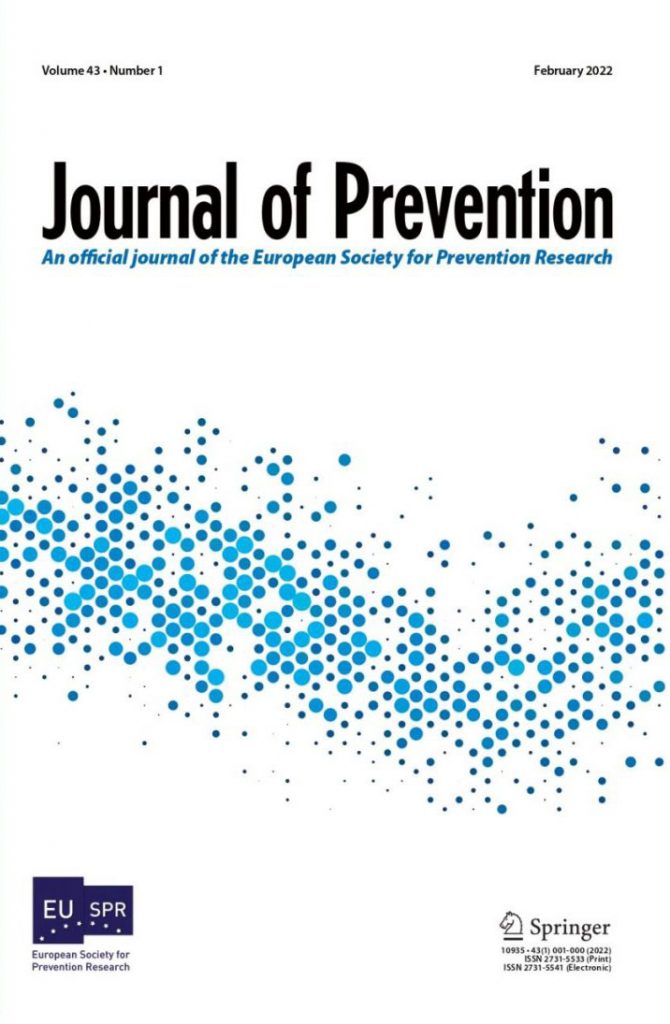
EUSPR
European Society for
Prevention Research
The European Society for Prevention Research (EUSPR) promotes the development of prevention science, and its application to practice so as to promote human health and well-being through high quality research, evidence based interventions, policies and practices.
News
Beware of fraudulent emails impersonating the EUSPR President
EUSPR 2025 Keynotes
Mission
To promote the inclusion of science-based principles of prevention in policies addressing non-communicable health issues, such as obesity, psychoactive substance use, violence, crime, mental and sexual health.
Cornerstones of these advancements are:

cross-disciplinary
networks of scientists

decision-, opinion- and policy makers and practitioners

methodology
development

promotion of higher education and career development in prevention

implementation
research

advocacy for
evidence-based prevention

16th EUSPR Conference and Members’ Meeting
23rd – 26th September 2025, Berlin, Germany
Membership
Membership in EUSPR is open to qualified professionals who work in the field of prevention: all European and international researchers, professionals, practitioners, policy makers and students who share the Society’s aims.
We also encourage membership from all countries, particularly those professionals who wish to develop collaborative links with European researchers and decision-makers involved in prevention.

Journal of Prevention
The journal of Prevention (JoP) is the official journal of the European Society for Prevention Research.
The Journal of Prevention is a multidisciplinary journal that publishes manuscripts aimed at reducing negative social and health outcomes and promoting human health and well-being. It publishes high-quality research that discusses evidence-based interventions, policies, and practices.



